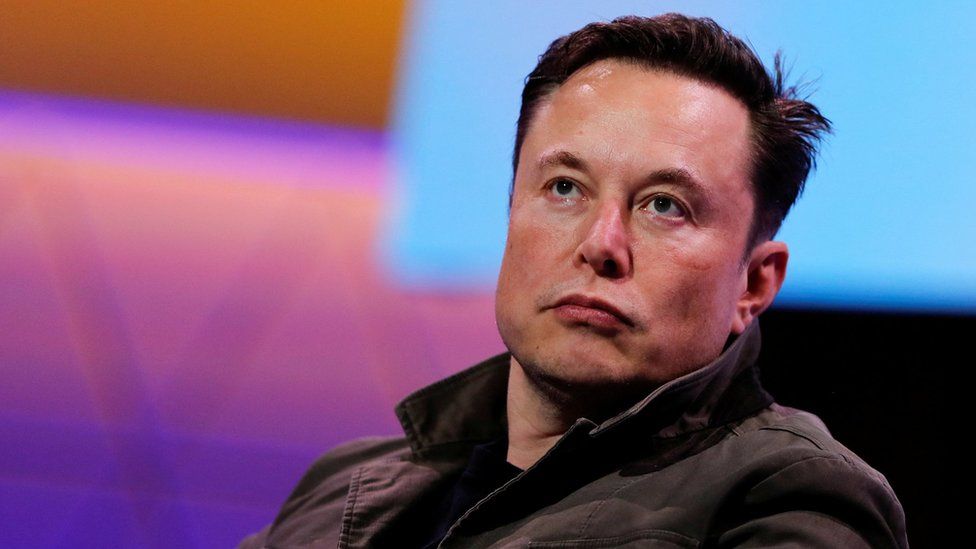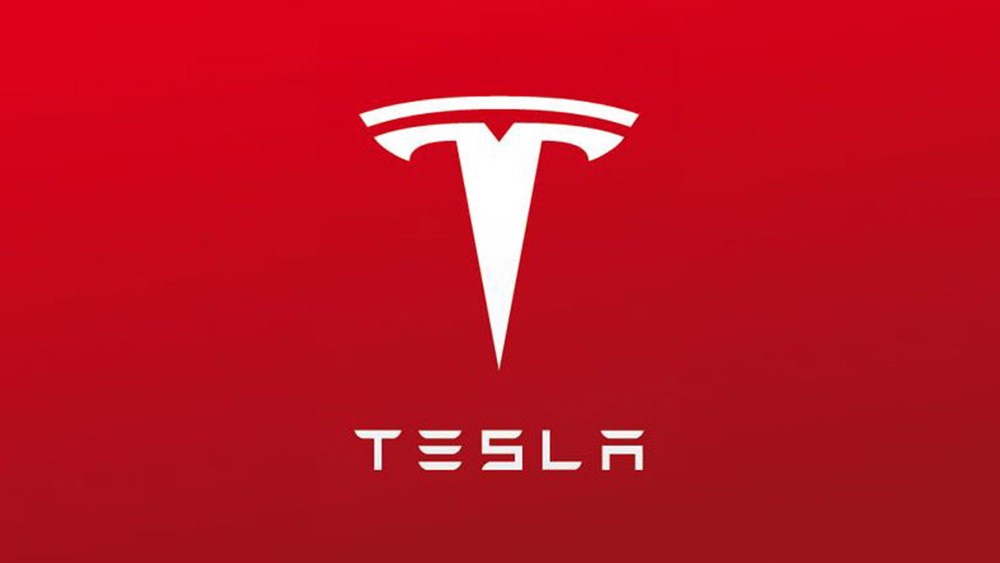Elon Reeve Musk FRS ( born June 28, 1971) is a business magnate, entrepreneur, and investor. He is the co-founder of Neuralink and OpenAI, as well as the founder, CEO, and Chief Engineer of SpaceX. He is also an early-stage investor, CEO, and Product Architect of , Inc., and the founder of The Boring Company. Musk is the world's wealthiest individual, according to both the Bloomberg Billionaires Index and the Forbes real-time billionaires list, with an estimated net worth of roughly US$273 billion as of April 2022.
Musk was born in Pretoria, South Africa, to a Canadian mother and a South African father. He attended the University of Pretoria for a short time before emigrating to Canada at the age of 17 to evade conscription. He began his studies at Queen's University and later transferred to the University of Toronto.
of Pennsylvania two years later, where he received a bachelor's degree in economics and physics. He moved to California in 1995 to attend Stanford University but decided instead to pursue a business career, co-founding the web software company Zip2 with his brother Kimbal. The startup was acquired by Compaq for $307 million in 1999. The same year, Musk co-founded online bank X.com, which merged with Confinity in 2000 to form PayPal. The company was bought by eBay in 2002 for $1.5 billion.
In 2002, Musk founded SpaceX, an aerospace manufacturer, and space transport services company, of which he is CEO and Chief Engineer. In 2004, he joined electric vehicle manufacturer Tesla Motors, Inc. (now Tesla, Inc.) as chairman and product architect, becoming its CEO in 2008.He was a founding member of SolarCity, a solar energy services company that was later purchased by Tesla and renamed Tesla Energy. He co-founded OpenAI, a nonprofit research organization dedicated to friendly artificial intelligence, in 2015. He co-founded Neuralink, a neurotechnology business that develops brain-computer interfaces, and The Boring Company, a tunnel construction company, in 2016. Musk has proposed a high-speed vactrain transit system called the Hyperloop. He won a slander suit brought against him by a British caver who assisted in the Tham Luang cave rescue in 2019. Musk has also been chastised for disseminating false information regarding the COVID-19 epidemic, as well as his other viewpoints on AI, bitcoin, and public transportation.
Musk has been chastised for his unconventional and unscientific viewpoints, as well as his widely publicized and divisive utterances. The Securities and Exchange Commission (SEC) sued him in 2018 after he falsely tweeted that he had secured funds for a private acquisition of Tesla. He reached an agreement with the SEC, temporarily standing down as chairman and consenting to restrictions on his powers.
Family and childhood
Elon Reeve Musk was born in Pretoria, South Africa, on June 28, 1971.Maye Musk (née Haldeman), his mother, is a model and nutritionist who was born in Saskatchewan, Canada but reared in South Africa. Errol Musk is his father, a South African electromechanical engineer, pilot, sailor, consultant, and property entrepreneur who used to own half of a Zambian emerald mine near Lake Tanganyika. Musk has a younger brother, Kimbal, and a younger sister, Tosca, both born in 1972. (born 1974). Joshua Haldeman, his maternal grandpa, was an adventurous American-born Canadian who led his family on record-breaking trips to Africa and Australia in a single-engine Bellanca airplane;[16] Musk is of British and Pennsylvania Dutch descent Musk's adenoids were removed when he was a child by doctors.
His mother initially thought he was deaf, but eventually concluded that he was thinking "in another universe." In Elon's upbringing, the family was extremely affluent; Errol Musk once stated, "We had so much money at times we couldn't even close our safe."After his parents split in 1980, Musk spent most of his time in Pretoria and elsewhere with his father, a decision he regretted two years later. Musk has become distant from his father, whom he sees as "a terrible human being who has done almost every evil thing you can imagine." On his father's side, he has a half-sister and a half-brother. As a child, Elon attended an Anglican Sunday school. Musk became interested in computers and video games when he was ten years old, and he bought a Commodore VIC-20. He learned computer programming from a book and, at the age of 12, sold the code for Blastar, a BASIC-based video game he built, to PC and Office Technology magazine for $500. Musk, an awkward and reclusive child, was bullied throughout his childhood and was once hospitalized after being thrown down a flight of stairs by a group of boys. Before graduating from Pretoria Boys High School, he attended Waterkloof House Preparatory School and Bryanston High School.



